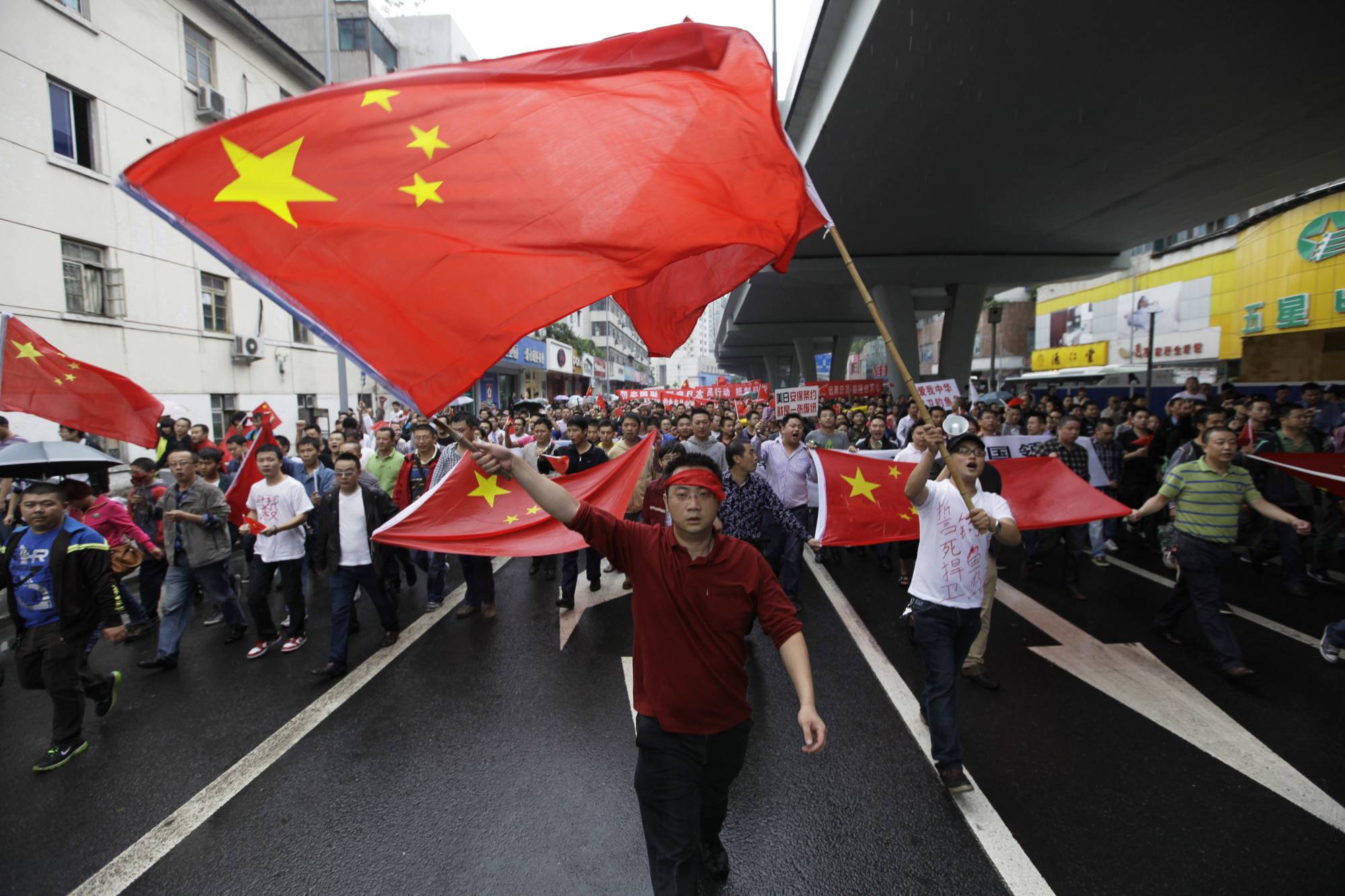U.S. House Speaker Nancy Pelosi’s visit to Taiwan earlier this month was deja vu for me in two ways.
First, it reminded me of her visit to Hiroshima in 2008 for the Group of Eight Speakers’ Summit. The host was the Japanese Speaker of the Lower House and former Foreign Minister Yohei Kono, who strongly wished for her attendance. Back then I was serving as the Japanese Ambassador to the United States, and the Japanese speaker, who had earlier been my boss, wanted me to convey his wish directly to his American counterpart.
Once Speaker Pelosi’s visit became public, however, criticisms appeared in the American press. The argument went: Why should the U.S. House speaker visit Hiroshima when Japanese leaders have yet to pay a visit to Pearl Harbor?

















With your current subscription plan you can comment on stories. However, before writing your first comment, please create a display name in the Profile section of your subscriber account page.